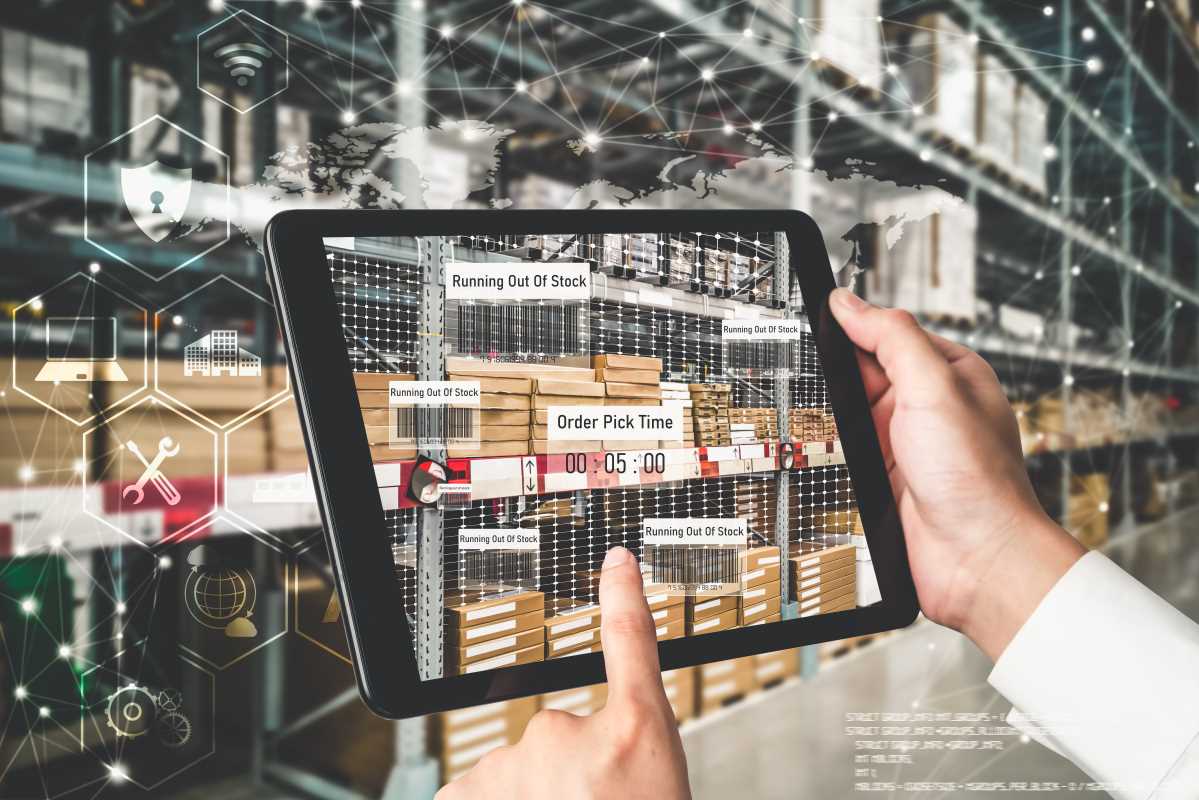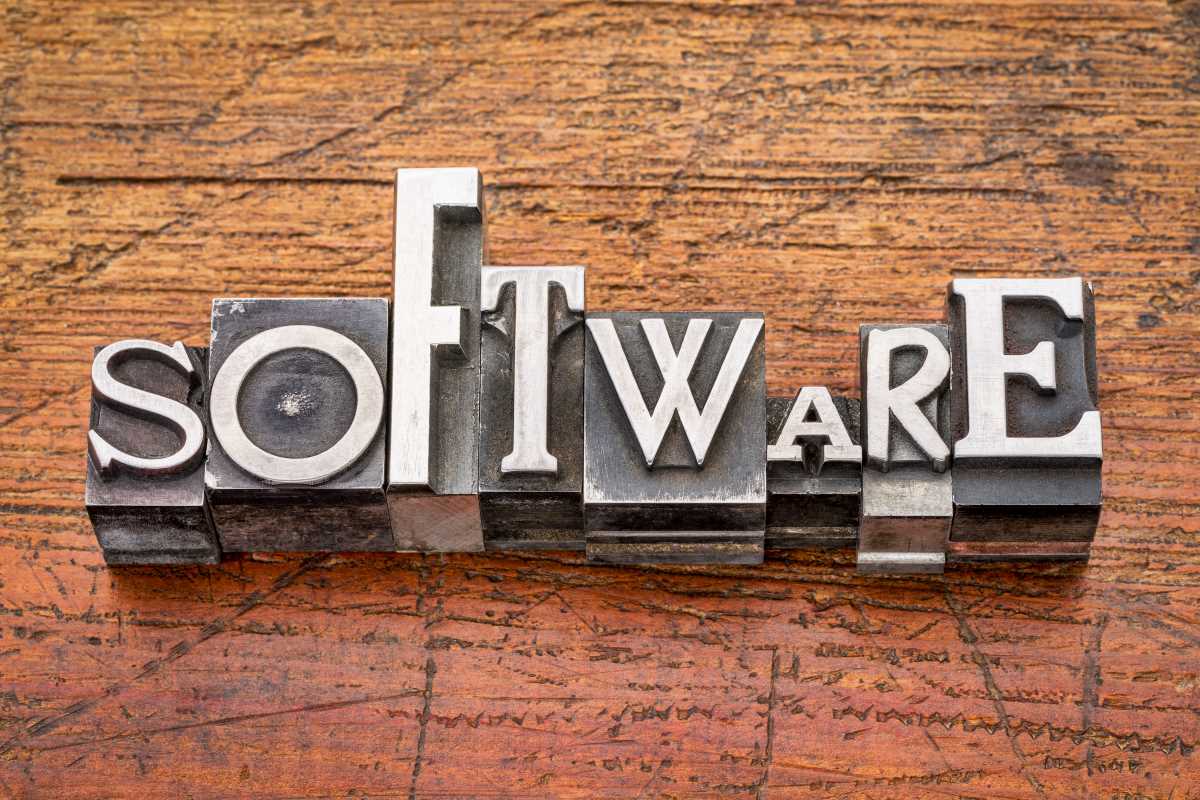Imagine walking into a retail store where a friendly, knowledgeable salesperson greets you instantly. They answer your questions, help you find exactly what you're looking for, and even suggest a few other items you might like. Now, what if you could provide that same immediate, personalized service to every single visitor on your website, 24 hours a day, 7 days a week? That's the power of a marketing AI chatbot. These are not the clunky, frustrating bots of the past that could only respond with "I don't understand." Today's AI chatbots are sophisticated digital assistants designed to engage customers, guide them through the buying journey, and ultimately, drive sales.
The Benefits of Using AI Chatbots
Integrating an AI chatbot into your website and marketing strategy offers a host of advantages that directly impact your efficiency and bottom line. They work around the clock to ensure no opportunity is missed.
1. 24/7 Lead Generation
Your website is always on, but your sales team can't be. A chatbot acts as a tireless digital agent, ready to engage with visitors at any time of day or night. It can proactively greet visitors, ask qualifying questions to identify serious prospects, and collect contact information, ensuring you never miss a lead just because it came in after business hours.
2. Immediate Customer Engagement
In the world of online shopping, speed is everything. Studies have shown that responding to a lead within the first five minutes can dramatically increase the likelihood of a conversion. A chatbot provides instant engagement, answering questions the moment a visitor has them. This prevents potential customers from getting frustrated and leaving your site to go to a competitor.
3. Increased Conversion Rates
By providing instant help and guidance, chatbots effectively remove friction from the buying process. They can help users navigate your site, find specific products, and answer last-minute questions that might be holding them back from making a purchase. This smooth, supportive experience leads directly to higher conversion rates and more sales.
4. Scalable, Personalized Interactions
A human salesperson can only talk to one person at a time. An AI chatbot can have thousands of simultaneous, personalized conversations. It can greet returning visitors by name, reference their browsing history, and offer tailored recommendations. This ability to deliver personalized experiences at scale is something that would be impossible to achieve with human agents alone.
5. Valuable Customer Insights
Every conversation a chatbot has is a source of valuable data. You can analyze chat transcripts to understand the most common questions your customers ask, identify pain points in the customer journey, and discover what features or products are most in-demand. These insights can inform your marketing strategy, product development, and website content.
How Chatbots Directly Boost Sales
Let's move from general benefits to specific, real-world examples of how a well-implemented AI chatbot can function as a powerful sales tool.
1. Guiding Customers to the Right Products
For e-commerce stores with large catalogs, a chatbot can act as a personal shopper.
- Example: A visitor on a skincare website might be greeted by a bot that asks, "What is your main skin concern? (e.g., acne, dryness, anti-aging)." Based on the user's answer, the bot can recommend specific products, explain their benefits, and even link directly to the product pages. This guided selling process helps customers find what they need quickly and increases the chances of a purchase.
2. Proactively Recovering Abandoned Carts
Cart abandonment is a major challenge for online retailers. A chatbot can intervene at the critical moment a user is about to leave.
- Example: If a user adds items to their cart but then shows "exit intent" (moving their mouse toward the back button or to close the tab), the chatbot can trigger a pop-up message. It might say, "Hey! It looks like you're leaving. Did you have any questions about shipping or returns? I can also offer you a 10% discount to complete your purchase now." This proactive offer can be just the nudge a customer needs to finish checking out.
3. Qualifying Leads and Booking Meetings for Sales Teams
For B2B companies or businesses with a longer sales cycle, a chatbot is an expert at qualifying leads.
- Example: A chatbot on a software company's website can ask a series of questions to determine if a visitor is a good fit for their product. It might ask about company size, the visitor's role, and their specific needs. If the visitor matches the ideal customer profile, the chatbot can automatically display the sales team's calendar and allow the prospect to book a demo on the spot, without any human intervention. This fills the sales pipeline with high-quality, pre-qualified leads.
4. Cross-selling and Upselling
Just like a great salesperson, a chatbot can increase the average order value by suggesting relevant additional products.
- Example: After a customer adds a digital camera to their cart, the chatbot could say, "Great choice! Most customers who buy that camera also purchase an extra battery and a memory card. Would you like to add them to your order?" This simple, helpful suggestion can significantly increase revenue per customer.
 (Image via
(Image via





